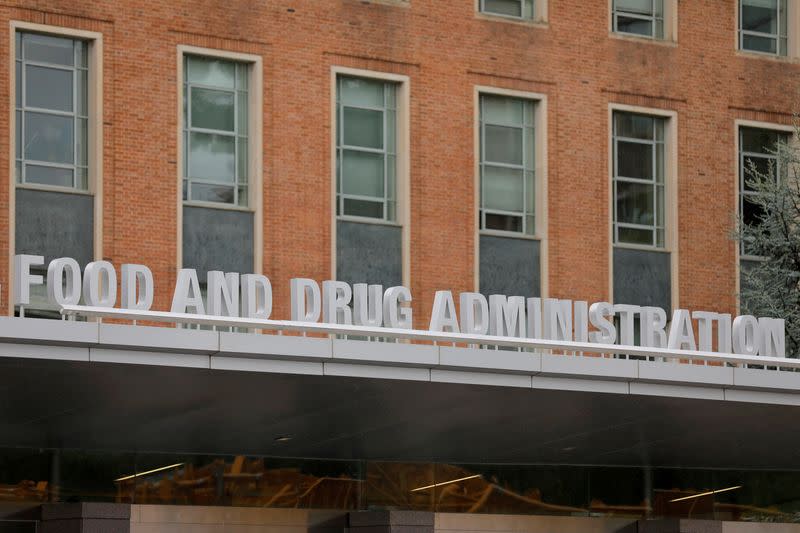US FDA declines expanded use of Dynavax's hepatitis B vaccine on insufficient data

By Christy Santhosh and Pratik Jain
(Reuters) -The U.S. drug regulator has declined to approve expanded use of Dynavax Technologies' hepatitis B vaccine in a section of patients, citing insufficient data over destruction of some trial documents, the company said on Tuesday.
The Food and Drug Administration in its so-called "complete response letter" stated that the data it had was insufficient owing to destruction of data source documents by the third-party clinical trial site operator for about half of the subjects enrolled in the trial, according to the company.
Dynavax and the FDA did not immediately respond to a Reuters request for details on the destruction of trial documents.
Shares of the California-based vaccine maker were down about 2% in early trading.
Hepatitis B virus can lead to cirrhosis of the liver, cancer and even death. It spreads through sexual contact, sharing needles or syringes and from mother to baby during pregnancy.
Dynavax's vaccine, Heplisav-B, was first approved by the FDA in 2017, having been rejected twice before, in 2013 and 2016, over unresolved safety concerns.
Citizens JMP analyst Roy Buchanan said the data destruction "sounds like a mistake at the vendor" and is "not terribly serious" to risk a pullback of the vaccine from the market.
Dynavax's application for expanded approval was based on an early stage trial with 119 adults with end-stage kidney disease undergoing hemodialysis, the process of purifying blood using a machine and a special filter.
After four doses of the vaccine, it showed an immune protection rate of 89.3% from the virus.
But the FDA deemed the total number of subjects in Dynavax's single-arm early stage study to be insufficient to evaluate the safety of the four-dose regimen, the company said.
The agency's decision has no impact on the approved indication for the vaccine in the U.S. for the prevention of infection caused by all known subtypes of hepatitis B virus in adults 18 years of age and older.
(Reporting by Christy Santhosh and Pratik Jain in Bengaluru; Editing by Tasim Zahid and Shilpi Majumdar)

